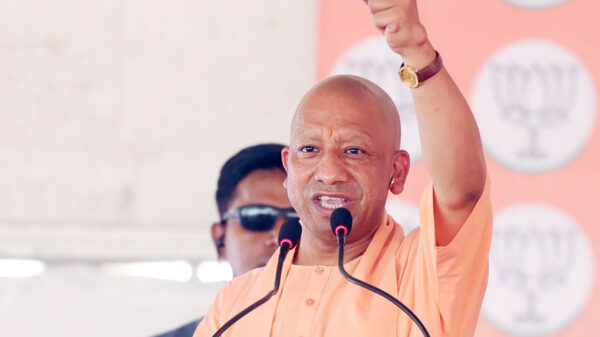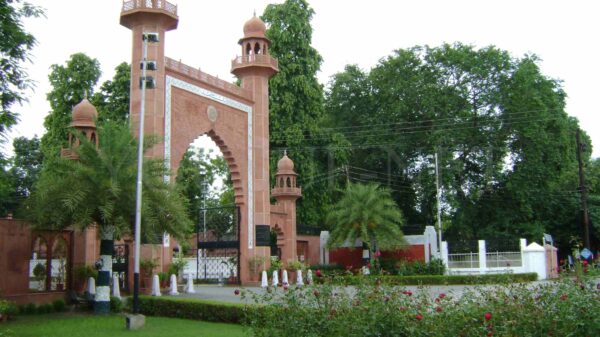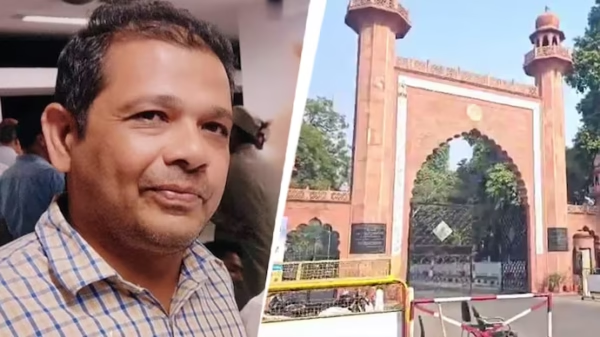The highly contentious debate of AMU’s minority status was taken up on January 9, 2024, by the Supreme Court, where it was argued by the centre that the university, being an institution of national importance, cannot be affiliated with any particular religion.
Solicitor General Tushar Mehta, in written statements, highlighted that AMU has maintained its national identity since its establishment in 1875, even during the pre-independence era.
“It is submitted that owing to the obviously secular ethos and nature of the nation and the Constitution, considering the fact that AMU is an institution of educational ‘national character’ it cannot be considered to be a minority institution irrespective of the question whether it was established and administered by the minority at the time of inception or not”, said Mehta.
The issue of AMU’s minority status has been entangled in legal complexities for decades, with historical judgments and legislative amendments shaping its status.
The Supreme Court, led by a seven-judge constitution bench headed by Chief Justice D Y Chandrachud, commenced hearings on January 9 with the proceedings scheduled to extend until Thursday.
What the Supreme Court Said:
Contrary to the government’s stance, during the second day of the daylong hearing, the Supreme Court stated, “No institution can exist without a grant of land. Just because some part of the administration of an educational institution is looked after by non-minority officials, that does not ‘dilute’ its minority character.”
A contention was made that since AMU is getting aid from the government, it cannot claim to be a minority institution. On this aspect, the seven-judge bench said no institution can exist without a grant of land and the existence is dependent on the lease from the government, and second, it may not be able to function without aid from the government.
Senior advocate Kapil Sibal, representing Old Boys Association, argued that “under Article 30, I can set up a school, college, university, now you say I have a right to set up a university but you say if I go to the statute, UGC would say I am University, I lose my status, it’s not understandable, the very logic is not understandable.”
“I want to ask myself a question… What is the right that the minority has today? I have to comply with all standards. I can’t appoint a teacher without an appropriate qualification….”, said Sibal, adding that the institution that I have established, I just want a little reservation and they want to deny that even.
Sibal stressed that if there was any undue interference in the functioning of the university, then it has the right to challenge it.
“I don’t stand here for Aligarh Muslim University. I stand here for the diversity of the constitutional ethos of this country and I plead to your lordships don’t allow that to be destroyed…” said Sibal.
Sibal also pointed out that Muslims in India are worse than Scheduled Castes in terms of education and they can only be empowered through education while defending the minority status of the Aligarh Muslim University (AMU).
The apex court had on February 12, 2019, referred to a seven-judge bench the hugely contentious issue of the minority status of AMU.
































































